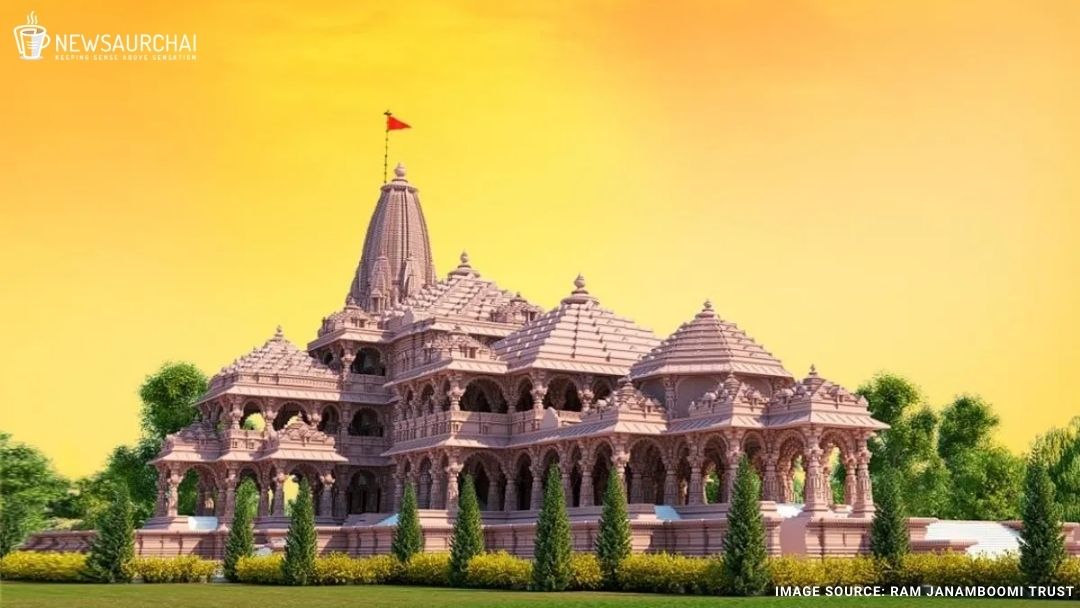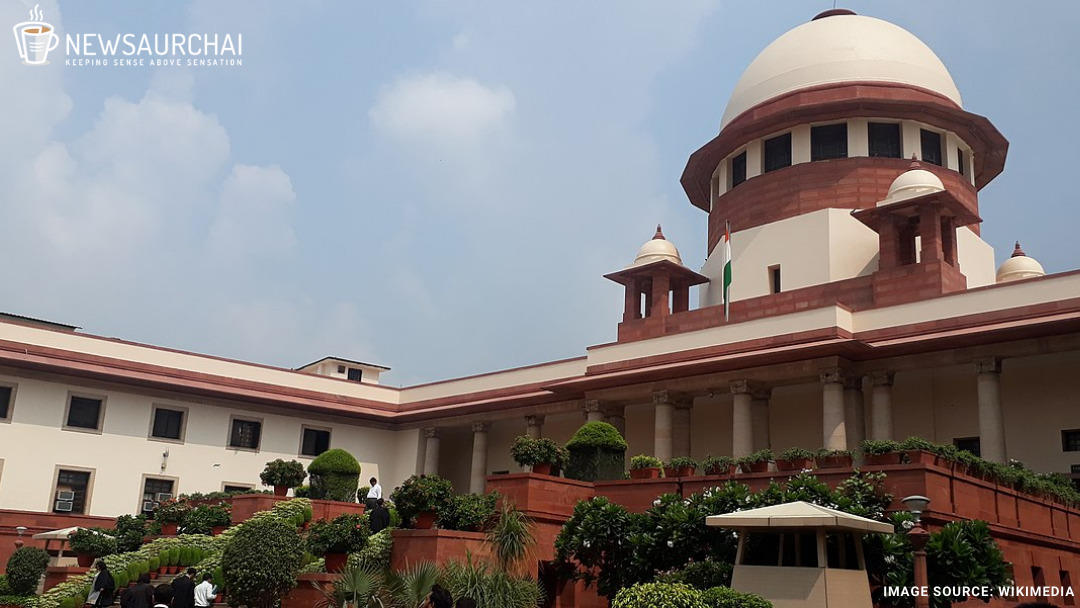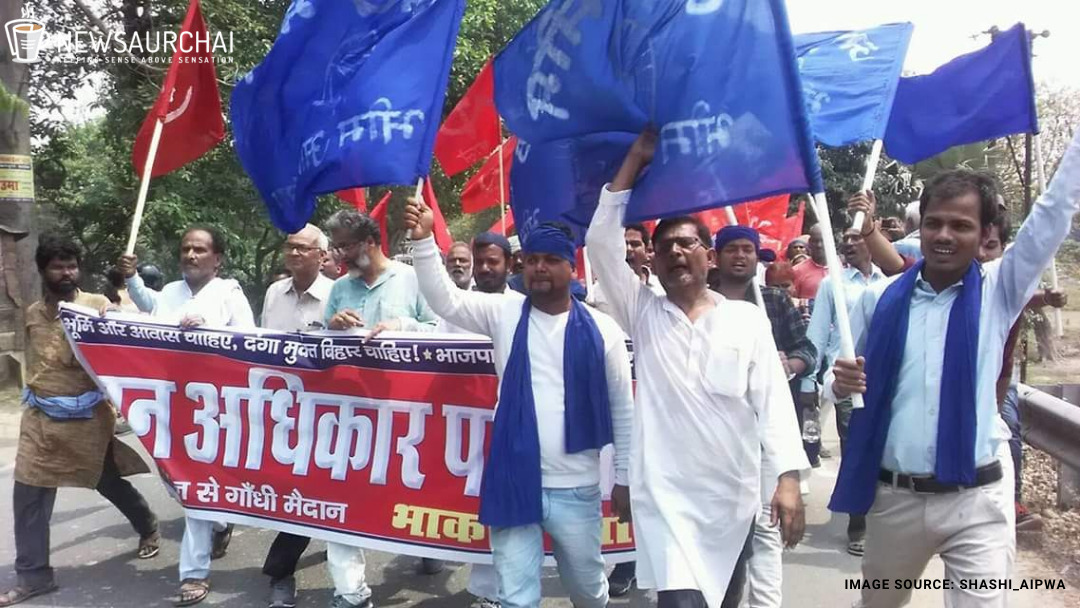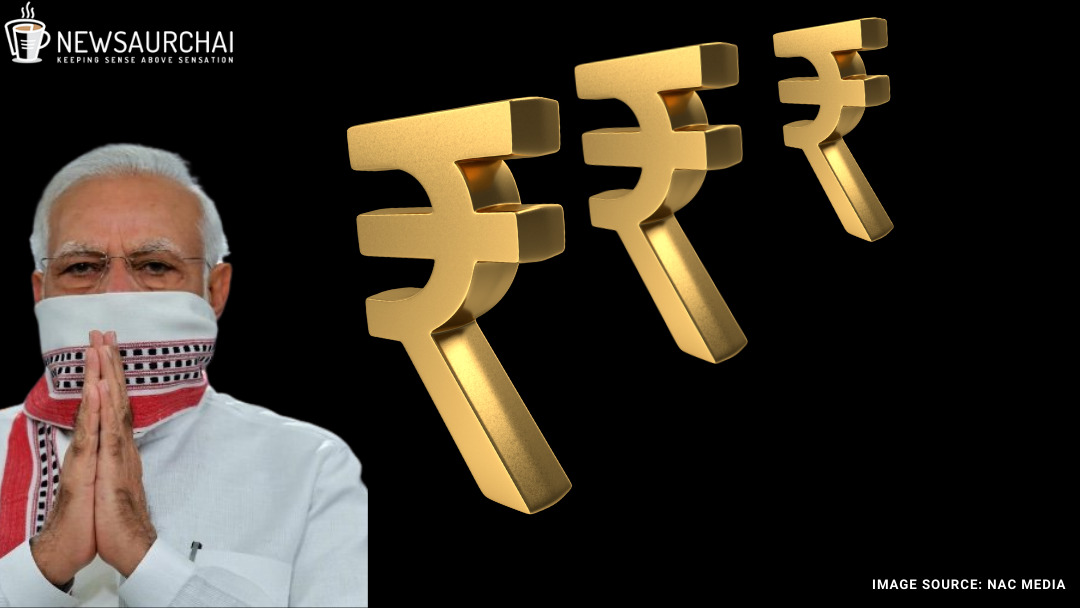Will India legalize cannabis after voting it as less dangerous in UN?
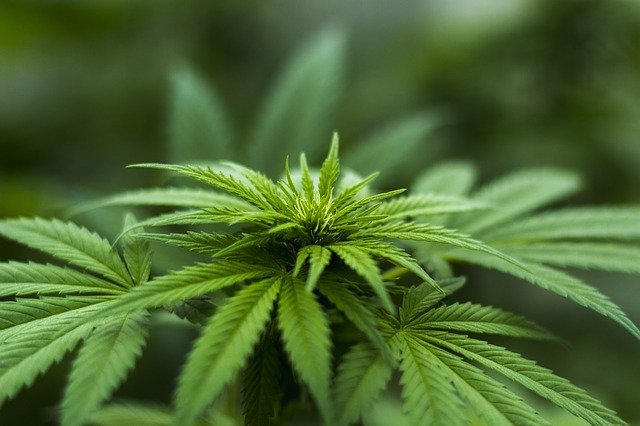
The recent Indian stance of removing cannabis from schedule VI of the 1961 United Nation convention comes skeptical with continuous hunts by the Indian Narcotics Control Bureau (NCB) in alleged drug penetrated Bollywood world.
NCB takes action against celebrities:
The NCB and its investigation on the alleged Bollywood drugs nexus have been one of the highlights of the year 2020. The mainstream media further sensitized the issue by calling out witch-hunted Rhea Chakraborty and many other celebrities for possessing or consuming cannabis.
The supposed hyperactive investigation and arrests have been profoundly covered by the mainstream media given the entertainment audience that it only seemed to be a significant issue in the country. The case grabbed eyeballs after the series of Bollywood arrests and the primetime debates over the drug’s usage.
India voting in favour of removing cannabis and its resin from Schedule IV of the 1961 Single Convention on Narcotic Drugs in the 63rd session of the United Nations Commission on Narcotic Drugs, which classified it in the category of most dangerous drugs, alongside heroin and others, which are warned from even being used for medicinal purposes.
UN’s 1961 Single Convention on Narcotic Drugs:
The Single Convention on Narcotic Drugs of 1961 is an international treaty to prohibit production and supply of specific narcotic drugs except under license for specific purposes, such as medical treatment and research. The treaty becomes essential as it expands the prohibition of the wide range of drugs apart from existing opium, coca, morphine, heroin and cocaine. In 2018, Single Convention had 186 state parties.
As one of the members of the UN Commission on Narcotics Drugs, India chose to remove the cannabis from the most dangerous drug list. Cannabis was an element of both Schedule I and IV of the UN’s Single Convention on Narcotic Drugs.
The Schedule I deals with medicinal purposes with state consent while Schedule IV are strictly controlled, and their usage is a criminal offence. It is seen that while Canada, Uruguay and 15 US states have legalized cannabis recreational use, countries like Mexico, Pakistan and China are against voted against of using it for medical purposes.
Ambassador Khan @ambmansoorkhan, @CND_tweets Chair, opens the 63rd reconvened session – starting with the voting on @WHO scheduling recommendations on cannabis and cannabis-related substances @UNODC @UN_Vienna. Webcast: https://t.co/KMteoWuPpF pic.twitter.com/HOdQvhcZ8X
— UN Commission on Narcotic Drugs (@CND_tweets) December 2, 2020
India’s vote at the UN may not affect sovereign laws:
India’s vote at the International convention doesn’t affect the existing drugs laws in India. As the international convention does not transform into a municipal law in India, the only way to remove cannabis from the list of dangerous drugs will require an amendment in the law. And as of now cannabis remains prohibited under the strict Narcotic Drugs and Psychotropic Substances (NDPS) Act, that was passed under the Rajiv Gandhi administration back in 1985.
Senior officer in the Narcotics Control Bureau said “It is an international convention, which cannot have a direct impact on drug laws in India. It will not be right to say that India’s stance on cannabis has softened”
According to The Print, cannabis can inflict much less harmful compared to other drugs that are listed in Schedule IV of the 1961 convention, and thus it is a welcome move to remove it from Schedule IV.
At @CND_tweets 63rd reconvened session, the Commission decided on @WHO scheduling recommendations on cannabis and cannabis-related substances. Read the press release for more information: https://t.co/J9YfVpydLM pic.twitter.com/wEFVEII9M3
— UN Commission on Narcotic Drugs (@CND_tweets) December 2, 2020
India’s history with cannabis:
Cannabis for long has been a part of India’s social and cultural fabric, which is loosely known as hemp, marijuana, pot or ganja for recreational purposes. Its association with Lord Shiva is part of Indian folklore.
During the British regime, the government taxed bhang, ganja and charas on account of the good health and sanity of the natives. However, the British did not criminalize its use.
It was only in the year 1985 with Rajiv Gandhi government, the Narcotic Drugs and Psychotropic Substances (NDPS) Act, 1985, was brought into to fulfil India’s international obligations as a signatory to Single Convention on Narcotic Drugs, Convention on Psychotropic Substances, and United Nations Convention Against Illicit Traffic in Narcotic Drugs and Psychotropic Substances.
India substantiates the use of cannabis (hemp) for medicinal purposes only. In the year 2018, the cultivation of cannabis (hemp) received legal approval, and Uttarakhand was the first state to cultivate hemp on a pilot basis.
Now that India has voted in favour of removing cannabis from Schedule IV of the 1961 Single Convention on Narcotic Drugs, the ongoing circumstances in the country becomes questionable. Government’s stance in internals laws and its soften stand in global world may lead to certain amendments in the existing NDPS Act.


